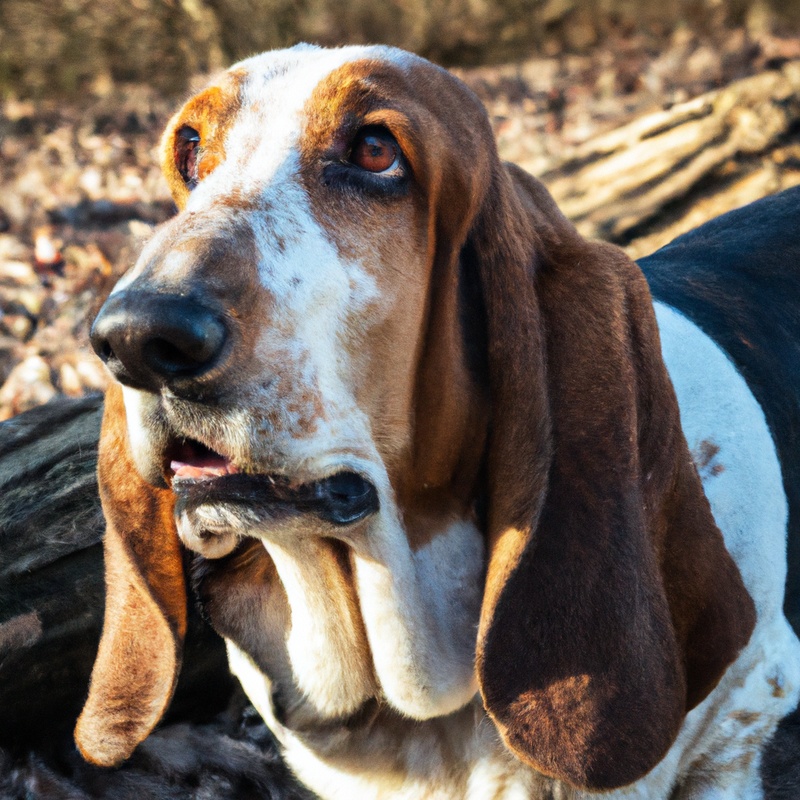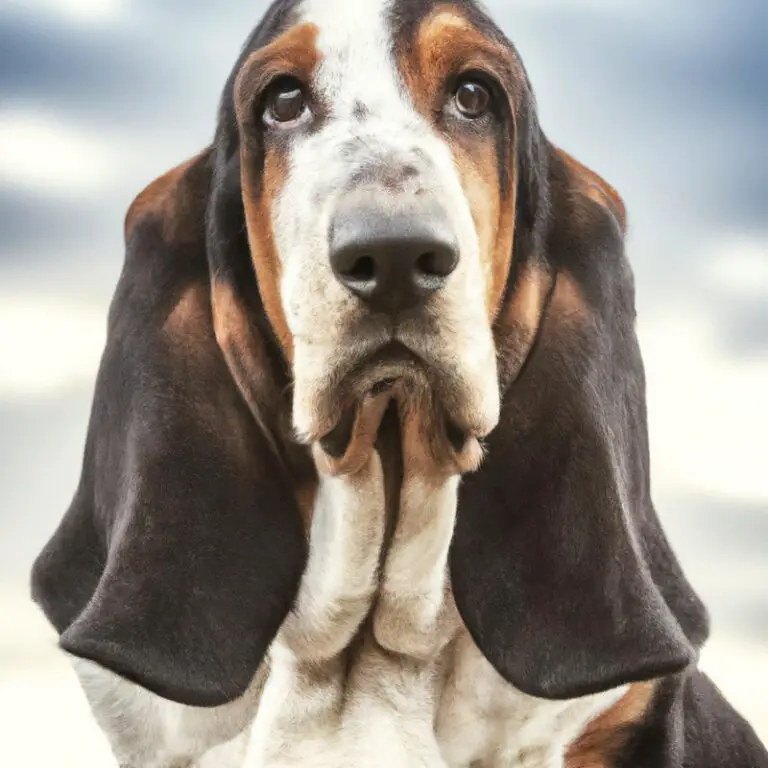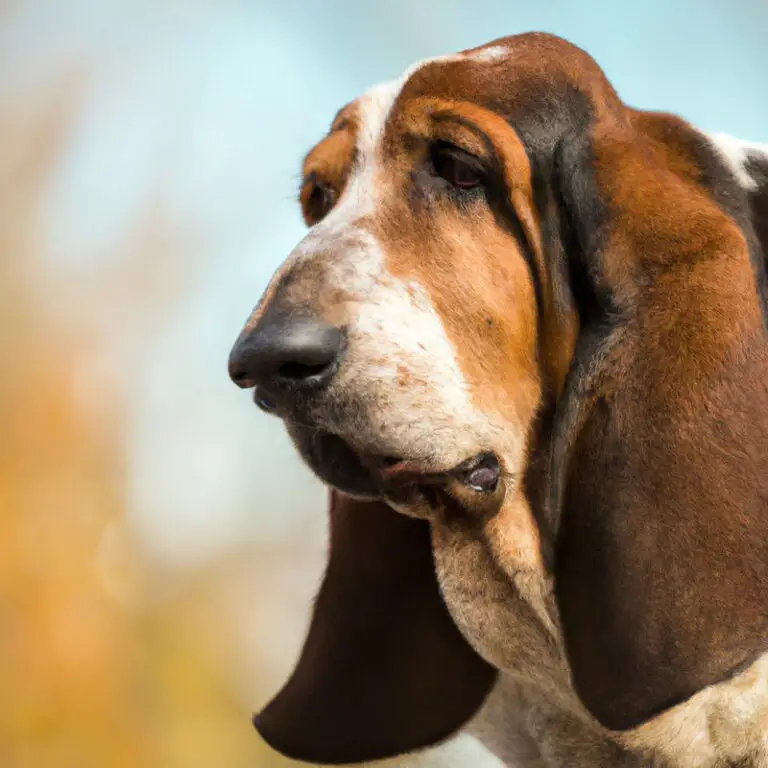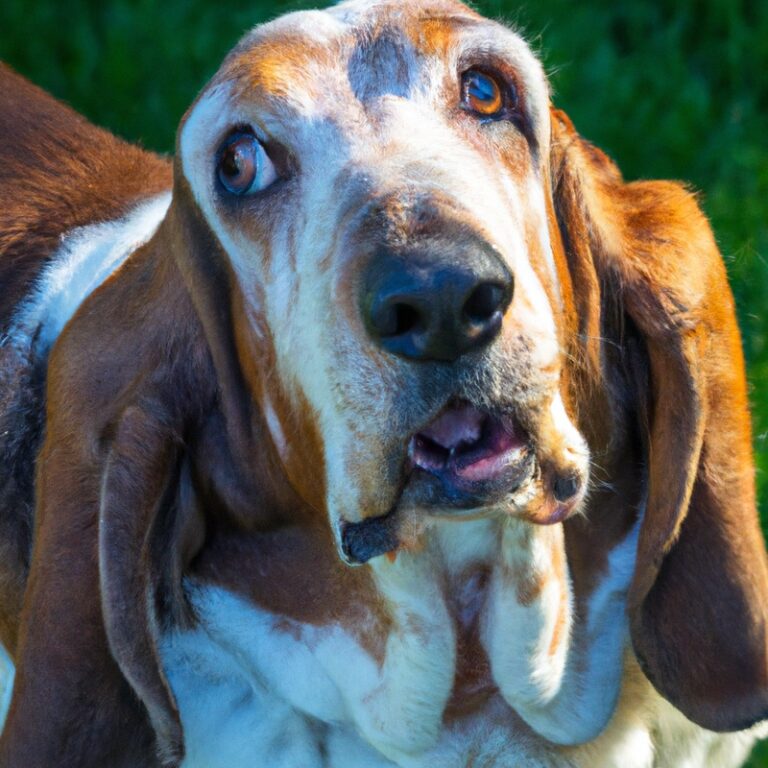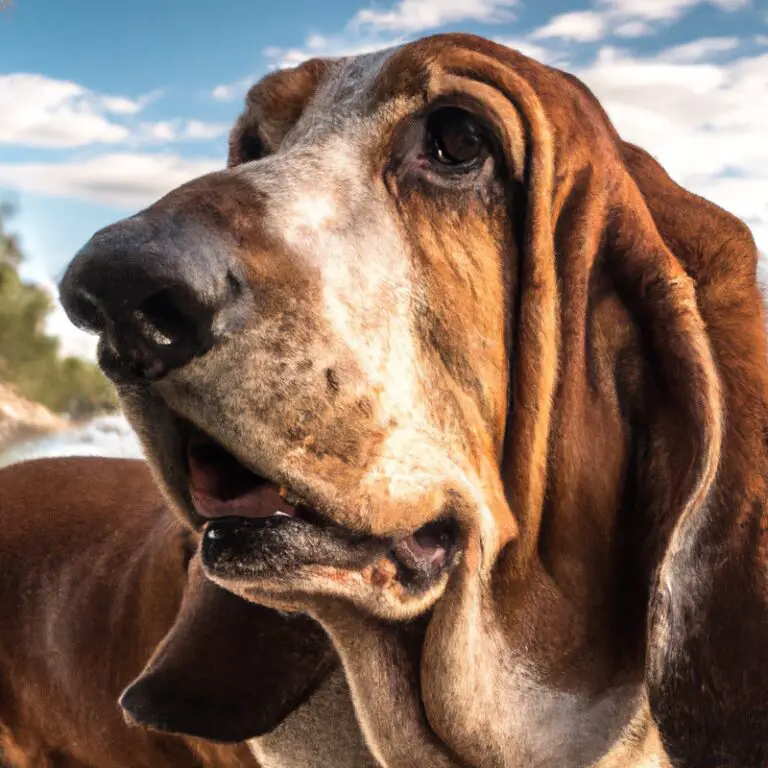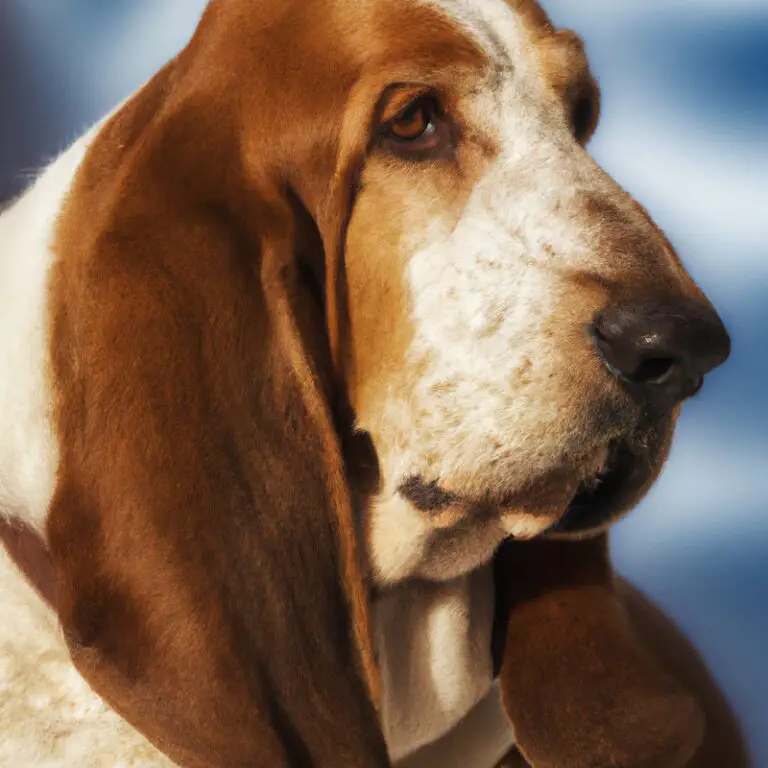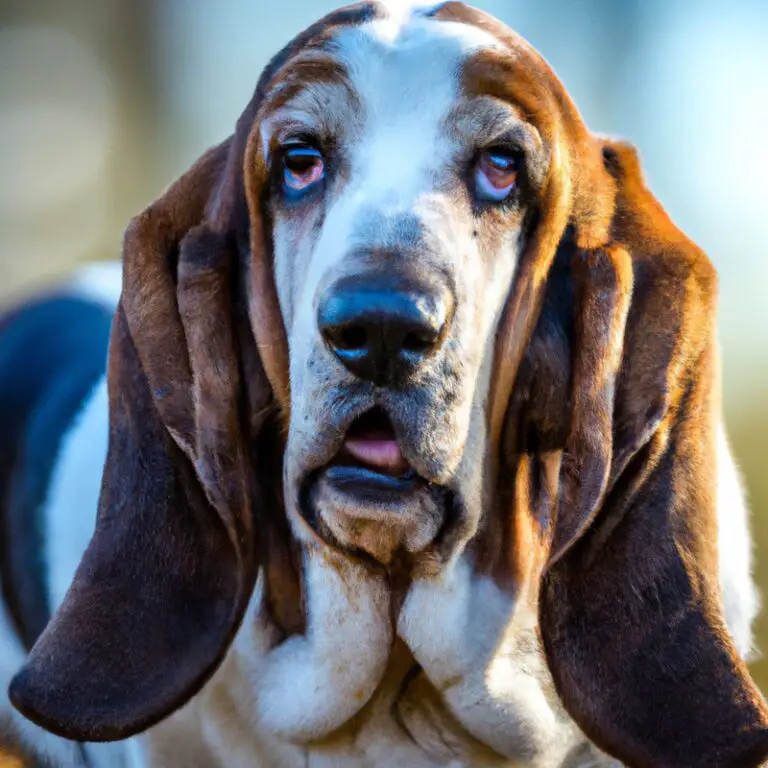How Do Basset Hounds Get Along With Children?
Key Takeaways:
- Basset Hounds tend to get along well with children due to their patient and laid-back nature.
- They have a gentle and tolerant temperament, making them suitable companions for kids of all ages.
- Basset Hounds require supervision during playtime to ensure the safety of both the dog and the child.
- Early socialization and training plays a crucial role in fostering a positive relationship between Basset Hounds and children.
Imagine a world where your kids have a loyal and loving companion, a furry friend who can bring them laughter and joy while enriching their lives. Enter the Basset Hound, known for their droopy ears, soulful eyes, and gentle demeanor.
But how do Basset Hounds really get along with children?
Are they patient and tolerant, or could their size and energy levels pose a challenge? As an expert in the field, I have witnessed firsthand the beautiful bond between Basset Hounds and children.
In this article, I will delve into the temperament of Basset Hounds, explore the factors to consider when introducing them to children, discuss how to promote a positive relationship, address common challenges, and offer guidance on seeking professional assistance if needed.
Let’s dive in and unlock the secrets to a harmonious coexistence between your children and these lovable hounds.
| Basset Hounds | |
| Temperament | Calm, patient, and friendly |
| Size | Medium to large |
| Energy Level | Low to moderate |
| Socialization | Usually good with children when properly socialized |
| Trainability | May be stubborn, but with positive reinforcement training, they can learn |
| Playfulness | Less energetic and more laid back |
| Patience | Generally patient and tolerant of children |
| Intelligence | Intelligent, but may have an independent streak |
| Grooming Needs | Minimal grooming required |
| Health | Moderate health issues, such as back problems and obesity |
| Overall Compatibility | Basset Hounds can generally get along well with children |
Understanding Basset Hounds and their Temperament
Characteristics and Personality Traits of Basset Hounds
Basset Hounds have distinctive characteristics and personality traits that make them unique and lovable. They are known for their gentle and laid-back nature, making them great companions for individuals and families alike.
These dogs are loyal, affectionate, and enjoy being around their humans.
Basset Hounds are also known for their stubbornness, which can sometimes make training a bit challenging. Additionally, they have a keen sense of smell and love to follow scents, so it’s important to keep them on a leash when outdoors.
Overall, Basset Hounds are friendly, easygoing, and make wonderful pets.
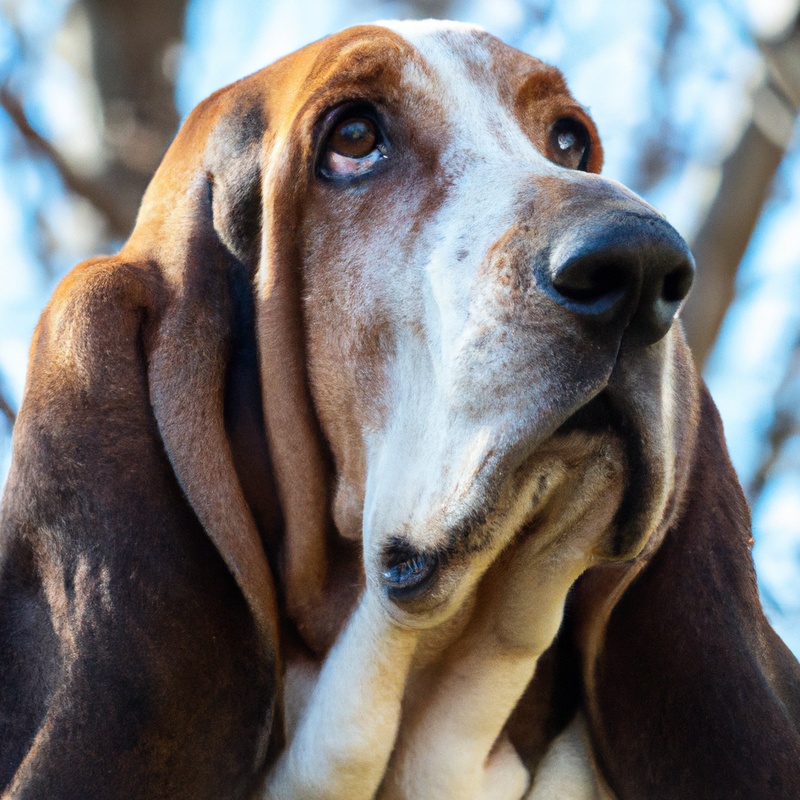
The Importance of Considering a Dog’s Temperament
Considering a dog’s temperament is crucial when choosing a pet, especially if you have children.
A dog’s temperament refers to their behavior, personality, and how they interact with others.
It’s important to consider a dog’s temperament because it determines how they will fit into your family dynamic.
Some dogs are more patient and gentle, making them great companions for children, while others may be more energetic or prone to aggression.
By understanding a dog’s temperament, you can ensure a harmonious and safe environment for both the dog and your family.
Basset Hounds and Children: Compatibility Factors to Consider
The Gentle Nature of Basset Hounds
Basset Hounds are known for their gentle nature, which makes them great companions for children.
They have a calm and laid-back temperament, making them less likely to get agitated or aggressive.
Bassets are patient and tolerant, which is important when interacting with children who may be loud or playful.
Their easygoing nature also means they are less likely to snap or bite when provoked.
Basset Hounds have a natural affinity for children and can form strong bonds with them.
This gentle nature makes them a wonderful addition to any family with children.
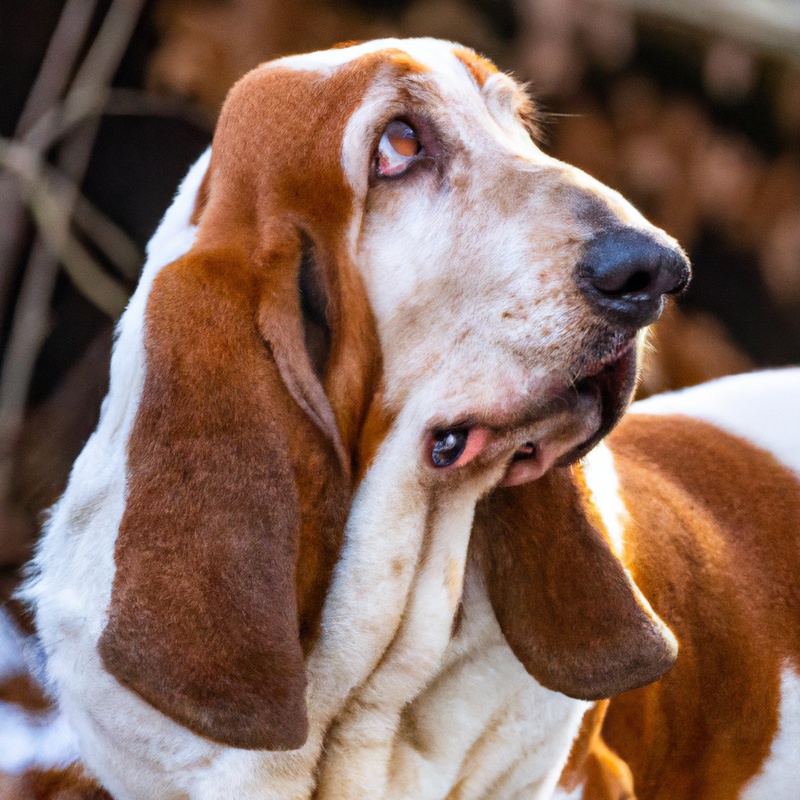
Size and Physical Considerations
When considering the compatibility between Basset Hounds and children, size and physical considerations play an important role.
Basset Hounds are large dogs, typically weighing between 50-65 pounds.
Their low stature and long ears make them an adorable breed, but it is essential to ensure that they do not unintentionally knock over or accidentally hurt young children due to their size.
Additionally, their long bodies and short legs may require extra care and attention to prevent back problems or joint issues.
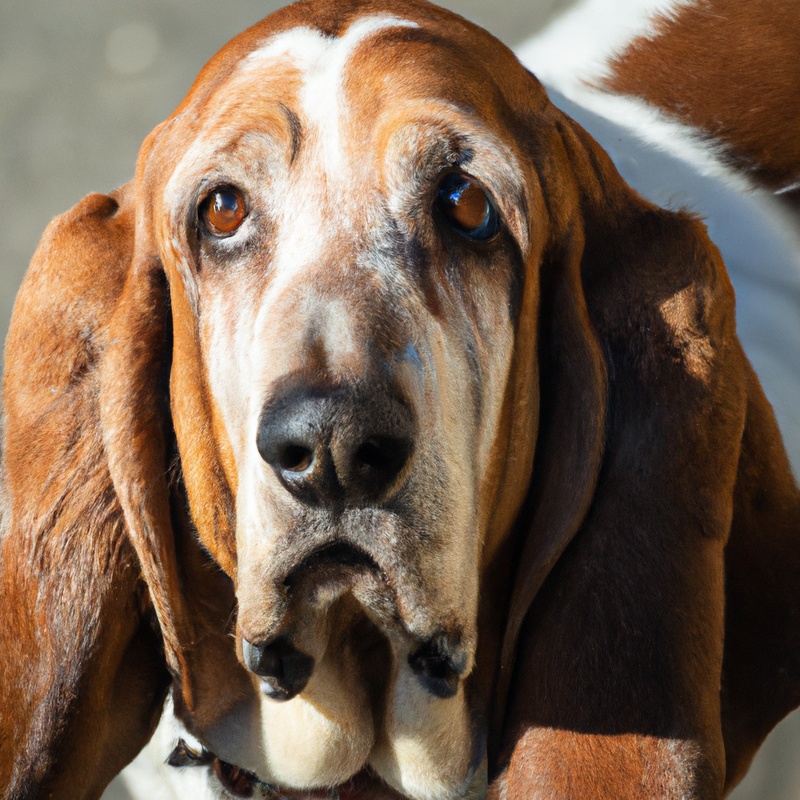
Assessing the Energy Levels of Basset Hounds
Assessing the energy levels of Basset Hounds is important to ensure compatibility with your family and lifestyle. Bassets are generally low-energy dogs, but individual variations exist.
Take into account factors such as age, health, and exercise needs.
While they enjoy leisurely walks, they may not be suitable for high-energy households or intense exercise routines. Spending time with a Basset beforehand and discussing their energy levels with a reputable breeder or rescue organization can help you make an informed decision.
Remember, a well-matched energy level leads to a happier and harmonious relationship.
Introducing Basset Hounds to Children
Proper Socialization Techniques
Proper socialization is essential when introducing Basset Hounds to children. Here are some effective techniques:
- Slow and gradual introductions: Allow both the dog and child to become comfortable with each other’s presence in a controlled environment.
- Positive reinforcement: Reward good behavior from both the dog and child. This helps create a positive association and encourages gentle interactions.
- Expose the dog to different stimuli: Introduce your Basset Hound to various sounds, sights, and situations to help them become more adaptable and less prone to anxiety or fear.
- Supervision: Always supervise interactions between children and Basset Hounds to ensure the safety of both. Teach children to approach gently and respect personal space.
- Consistency: Establish consistent rules and boundaries for both the dog and child. This helps create a harmonious environment and reduces the likelihood of conflicts or misunderstandings.
Remember, proper socialization is a gradual process that requires patience and positive reinforcement. The goal is to foster a strong bond and mutual respect between your Basset Hound and children.
Teaching Children How to Interact with Basset Hounds
When it comes to teaching children how to interact with Basset Hounds, there are a few important guidelines to keep in mind.
Firstly, children should be taught to approach Basset Hounds calmly and gently, avoiding any sudden movements that could startle the dog.
Secondly, it’s crucial to teach children to always ask for permission before petting a Basset Hound, as some dogs may not enjoy being touched by strangers.
Thirdly, children should be shown how to pet a Basset Hound gently and in the right areas, such as the back and sides.
Remember, teaching children to interact respectfully and kindly will help foster a positive relationship with Basset Hounds.
Supervising Interactions and Ensuring Safety
Supervising interactions between Basset Hounds and children is essential to ensure their safety. Always be present and attentive when they are together.
Teach children the proper way to approach and interact with the dog, including gentle petting and avoiding sudden movements.
Avoid leaving them alone without supervision, especially with young children who may not understand how to handle a dog. Provide a safe space for the dog to retreat to when needed.
Regularly assess both the dog and children’s behavior to address any potential issues promptly.
Promoting a Positive Relationship between Basset Hounds and Children
Encouraging Gentle Play and Positive Reinforcement
When it comes to encouraging gentle play and positive reinforcement between Basset Hounds and children, there are a few key strategies that can be helpful. First, it’s important to teach children to interact with the Basset Hound gently, avoiding rough play or pulling on their ears or tail.
Positive reinforcement, such as praising both the child and the dog for calm and respectful behavior, can also be effective.
Additionally, incorporating fun activities that promote bonding between the Basset Hound and the child can help build a positive relationship. Remember to always supervise their interactions for everyone’s safety.
Establishing Boundaries and Teaching Respect
Establishing boundaries and teaching respect is key to fostering a positive relationship between Basset Hounds and children.
I recommend setting clear rules and expectations for both the dog and the child.
This includes teaching the child to always treat the dog gently and with respect, and not to pull on their ears or tail.
It’s important to educate children about the dog’s personal space and to never disturb them when they are eating or sleeping.
Consistency is key in reinforcing these boundaries and ensuring a safe and harmonious environment for both the dog and the child.
Activities for Basset Hounds and Children to Enjoy Together
Basset Hounds and children can have a great time together engaging in various activities. Here are some enjoyable options:
- Going for walks: Take your Basset Hound and child for leisurely strolls in the park or around the neighborhood.
- Playing fetch: Basset Hounds may not be the fastest, but they still enjoy playing fetch with a soft toy or ball.
- Puzzle toys: Engage both your Basset Hound and child with puzzle toys that challenge their problem-solving skills.
- Hide and seek: Create a fun game of hide and seek, where your child hides and the Basset Hound finds them.
- Easy training exercises: Involve your child in simple training exercises, such as teaching the Basset Hound to sit, lie down, or give paw.
Remember to always supervise interactions and ensure the safety and well-being of both the Basset Hound and the child.
Common Challenges and Solutions
Separation Anxiety and Stress Management
Separation anxiety can be a common issue for Basset Hounds, causing stress for both the dog and their owners. To manage separation anxiety and reduce stress, it’s important to gradually acclimate your dog to shorter periods alone.
Provide them with a comfortable and safe space, and consider using calming aids like music or pheromone diffusers.
Keeping a consistent routine, giving plenty of exercise, and providing mental stimulation can also help alleviate anxiety. Seek professional help if the anxiety persists.
Addressing Food Aggression and Resource Guarding
Addressing food aggression and resource guarding in Basset Hounds is essential for maintaining a safe and harmonious environment.
One effective way to tackle these behaviors is through gradual desensitization and counterconditioning.
This involves exposing the dog to trigger situations in a controlled manner, rewarding calm behavior, and gradually increasing the intensity.
It’s important to consult with a professional trainer or behaviorist for guidance and support throughout this process.
Additionally, ensuring a consistent feeding routine, providing separate feeding spaces, and teaching the “leave it” command can also help minimize food aggression and resource guarding tendencies.
Handling Basset Hound’s Drooling and Shedding
Handling Basset Hound’s Drooling and Shedding:
- Regular grooming is key to managing a Basset Hound’s shedding. Brushing their coat at least once a week can help remove loose hair and minimize shedding.
- To manage drooling, keep a towel handy and gently wipe their mouth as needed. Drooling is a natural trait of Basset Hounds due to their loose lips and jowls.
- Providing them with a designated area for meals can help contain drool and prevent messes. Elevated feeding stations can also be beneficial.
- It’s important to keep their ears clean and dry to prevent infections. Regularly check and clean their ears, using a veterinarian-recommended solution.
- Some Basset Hound owners find placing a drool-absorbing pad or blanket near their resting area can be helpful in managing excess drool.
- Remember, while drooling and shedding can be quite common for Basset Hounds, proper care and maintenance can help keep it under control and ensure a happy and healthy pup.
Seeking Professional Assistance, If Needed
Understanding when to Involve a Professional Trainer or Behaviorist
Sometimes, despite our best efforts, we may encounter challenges when raising a Basset Hound with children. It’s important to recognize when to involve a professional trainer or behaviorist to ensure the well-being of everyone involved.
If you are facing issues such as aggression, anxiety, or problem behaviors that cannot be resolved through basic training techniques, it may be time to seek professional assistance.
A trainer or behaviorist can provide you with the expertise and guidance necessary to address these issues effectively. Remember, seeking professional help is not a sign of failure but rather a proactive step towards creating a harmonious environment for both your Basset Hound and your children.
Finding the Right Training Program or Expert
If you’re in need of professional assistance in training your Basset Hound, there are a few things to consider when finding the right program or expert.
First, do your research and look for trainers or behaviorists who have experience working with Basset Hounds specifically.
Ask for recommendations from other dog owners or your veterinarian.
Next, schedule a consultation to determine if their training methods align with your goals and values.
Make sure to ask about their qualifications and certifications.
Finally, trust your gut instinct and choose someone who makes you feel comfortable and confident in their abilities to work with your Basset Hound.
Final Verdict
Basset Hounds can make wonderful companions for children due to their gentle nature and laid-back temperament.
It is important to consider their size and energy levels when introducing them to children, as well as properly socializing both the dog and the child.
By encouraging positive interactions, establishing boundaries, and promoting gentle play, a positive relationship can be fostered between Basset Hounds and children.
However, challenges such as separation anxiety and resource guarding should be addressed with professional assistance if needed.
Overall, with the right approach, Basset Hounds and children can enjoy a harmonious and fulfilling relationship.

